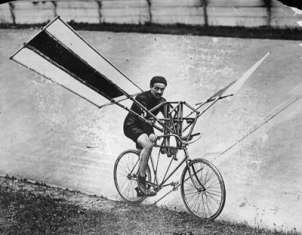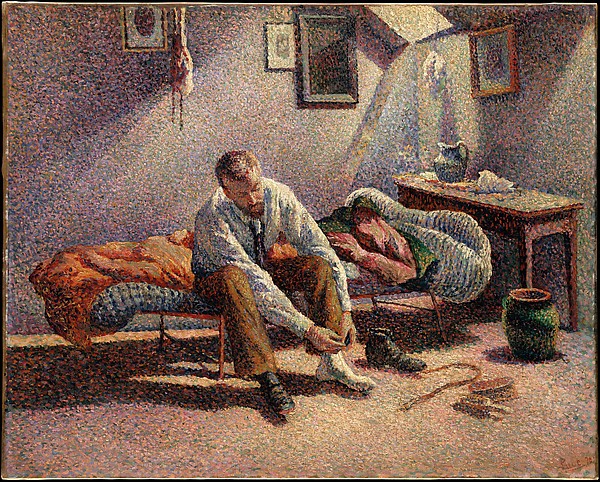
“I Don’t Know”
From the Business of Life, 1916
By Frank Crane
One of the healthiest exercises for the soul of man is the habit of saying “I don’t know.” I like those words. They smell of intellectual honesty. They smack of courage. They connote a refreshing absence of egotism.
When a man says he doesn’t know you can tell him. When he says “I know,” you can’t tell him.
And the man you can’t tell anything is one of the hardest people in the world to get along with.
A teacher once said to me when I was in school, “Don’t say you know it, but can’t tell it. For whatever you can’t tell you don’t know. You may have a vague idea of it, a faint memory, an indistinct familiarity with a subject, but unless you can put it into words you have no right to say you know it.” Most minds are full of shadowy impressions which are supposed to be facts. These ghosts of facts are of value as giving us a certain atmosphere of knowledge, but they are not knowledge itself.
All vain persons shrink from saying “I don’t know.” They fear it is an admission of weakness, and do not know that to sensible people it is a sign of an accurate mind.
I like my physician to say “I don’t know” when he does not know. He need not pretend omniscience with me, for I know the limitations of science, and that all present knowledge is as yet but a small, small planet floating in a sky of nescience.
I do not want my theological adviser to come at me with his theories dressed up as positivities.
I know the spiritual value of a fancy – let it go at that, and do not seek to give it force by calling it a fact. “Maybe” and “perhaps” and “possibly” are as meaty food for my soul as sureties, so long as they are frankly taken to be what they are.
The most intelligent man knows that most things are not to be known, for, as Dr. Johnson said, “Knowledge is of two kinds: we know a subject ourselves, or we know where we can find information upon it.” The best minds are more like a card index than like a library.
The ancient philosophers took pride in saying “I don’t know.” These words were often upon the lips of Socrates, who was perhaps the wisest of men.
Democritus said, “But we know nothing really; for truth lies deep down.” And there is every indication that one is humbug when he bristles with dogmatic assertions; either a humbug or a fatuous devotee who has bound his mind and delivered it over to some cult.
As Montaigne observes: “Nothing is so firmly believed as what we do not know.” And Pope:
Tell (for you can) what is it to be wise? ‘Tis but to know how little can be known.
The truest believer is an agnostic upon most subjects.
Tags: Manvotionals






